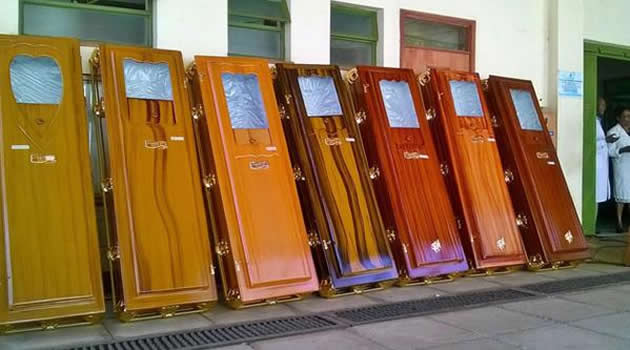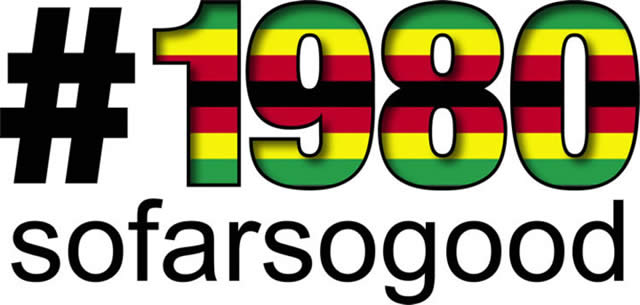Thousands march for peace in Jo’burg


The multi-cultural and multi-coloured crowd hold aloft banners, posters and placards to protest against the recent attacks on foreign nationals in parts of KwaZulu-Natal and Gauteng that left at least seven people dead and thousands displaced — AFP
Johannesburg – Thousands of people from all walks of life gathered at Pieter Roos Park in Hillbrow, Johannesburg, yesterday. The multi-cultural and multi-coloured crowd held aloft banners, posters and placards to protest against the recent attacks on foreign nationals in parts of KwaZulu-Natal and Gauteng that left at least seven people dead and thousands displaced.
Bishop Paul Verryn opened the march with a moment of silence. A wave of “Shhs” went through the crowd as it fell quiet.
“Allah, Yahweh, the Great One, God Almighty have mercy on us,” Verryn said.
“In a country that is almost completely religious, what has been happening . . . has nothing to do with religion.
“We say very clearly ‘no’ in the name of our gods against violence against foreign nationals.”
He said the country was still “bedevilled” by hatred and intolerance.
Gauteng Premier David Makhura said the crowd had come together to show that all people in the country, regardless of their nationalities, were human beings.
In Pretoria, human rights advocate George Bizos said yesterday it was unbelievable that a country like South Africa, which had fought against inequality and hatred, could show such cruelty. “The xenophobic attacks… have shocked many South Africans, me included,” he said during his keynote address on a discussion on ethics at the University of South Africa.
“It is unfathomable to me how in a country that worked so hard to overcome hatred and indignity of the past . . . can show such cruelty to our brother and sisters from other countries.”
The 87-year-old Bizos said there was no need to be afraid of foreigners.
“We are actually committing crimes. It’s true that only a few of us in South Africa who commit crimes against foreigners.” He praised universities, human rights organisations and citizens for standing up and saying no to xenophobia.
Bizos himself is a foreigner in South Africa. He came to the country in 1941 from Greece. “I know all too well what it means to be a foreigner . . . speaking a language which is not your own far away from your friends and loved ones. “I came to this country as a refugee . . . but fortunately for us we were welcomed in this country . . . South Africa became home for us,” he said.
Bizos, who was a human rights lawyer during apartheid, said many African countries had supported the struggle and good relationships had been maintained with those countries as South Africa entered democracy. However, that had now been put in jeopardy since the “atrocious acts” against foreigners.
Bizos said former president Nelson Mandela would have been ashamed if he had been here today and seen what was happening in the country.
l South Africa has betrayed the trust of the international community following xenophobic attacks, ANC stalwart Mathews Phosa said yesterday.
“We have betrayed the hopes and trust of the international community,” he said at a discussion on ethics at the University of South Africa in Pretoria.
“We have disappointed the world . . . by treating fellow human beings as if they were enemies. We should take the shame on our faces and take responsibility of fixing the wrong.”
He said a way of educating people, especially the youth, was by telling stories about how other African countries had supported those who went into exile. “We lived in exile . . . We received shelter, food, accommodation. South Africans were not chased around and shot and killed because they were South Africans, they got the opposite treatment,” said Phosa.
Phosa said he had spent time in Mozambique while in exile. The neighbouring country had supported South Africa’s fight against apartheid.
“And you go and kill Sithole in Alexandra,” he said referring to Emmanuel Sithole, a Mozambican national who was stabbed in the township and later died.
“We creating a situation which is very difficult for ourselves. We creating a crisis for ourselves, and the sooner we stop, the better.”
Meanwhile, MTN’s regional office in Abuja reportedly shut down its operations on Wednesday following attacks by irate youths presumably protesting over the on-going xenophobic attacks in South Africa.
Quoting the Daily Sun newspaper, Naij.com said a group of more than 100 youths converged at the MTN premises carrying placards with different inscriptions. Apparently worried that more attacks could follow, the MTN office immediately shut down its operations, the report said. MTN staff said services would be suspended until the xenophobic attacks faded away and stability returned to South Africa.
MTN Nigeria warned early this week that any attack on its facilities could force it to close shop, a development that could see at least 99 percent of its over 6,000 workforce in the country become jobless, a newswirengr.com report said.
This comes as Nigeria’s foreign ministry on Wednesday summoned South Africa’s High Commissioner over anti-immigrant violence. – Sapa.








Comments